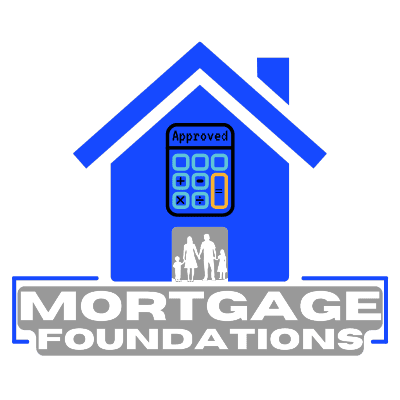Episode # 35 of the Mortgage Foundations Podcast
High-interest debt from credit cards or loans can make it hard to efficiently manage your finances and can lead to falling behind on payments; even minimum payments can be tough to make when debt gets out of control. If you have the equity available in your home, a debt consolidation mortgage may be able to help.
A debt consolidation mortgage is a type of refinance that combines 2 or more liabilities into one mortgage or a home equity line of credit, or HELOC. The reason that this could be a great option to help pay down debt is that once all the liabilities are paid off, you are left with one payment rather than multiple payments. It can be easier to manage the one payment than cover a bunch of payments that seem to keep growing over time.
Another benefit of using a debt consolidation mortgage is that the interest rate will likely be much less than the rate being charged on credit cards and loans. It is common to see credit card interest rates above 20% versus a mortgage or HELOC rate that will likely be considerably less. The lower interest rate will assist in being able to get ahead of your debt since less of your monthly payments will be going to pay interest, and seeing balances grow month by month may be eliminated.
It is important to mention that before entering into a debt consolidation mortgage, a budget should be prepared to ensure that the debt consolidation mortgage will put you into a better position. Even though this is usually the case, a calculated and detailed budget can provide evidence of the better position. While going through the budget and liabilities, it is also important to review interest rates on existing liabilities to ensure that they are not less than the planned mortgage or HELOC rate. Unless the lender required it, there wouldn't be much sense in paying of a low interest car loan with a mortgage that may feature a higher rate.
While reviewing the budget and mortgage options, it is also important to consider if the debt consolidation mortgage should be used for any existing mortgages on your property, or if it is better to leave the existing mortgage in place and use a HELOC or second mortgage to consolidate the debt. Much like using a debt consolidation mortgage to pay out a low interest car loan, it likely wouldn't make sense to pay out a mortgage with a low rate, or incur a large penalty to break the current mortgage. The potential higher rate on the mortgage or penalties may erase any potential savings from the debt consolidation.
Since debt consolidation scenarios can be wide-ranging and there are many moving parts to them, especially when loans and mortgages are involved, I will focus my example on consolidating credit card debts and a personal line of credit into a home equity line of credit. This basic example will show the cash flow and interest savings that can be found by moving multiple high interest debts into one liability and monthly payment.
Let's say that clients have total credit card debt of $40,000 at 20.99% with a combined minimum monthly payment of $1,200, and a personal line of credit of $20,000 at 12% with a minimum monthly payment of $300. The monthly interest cost on these debts would be roughly $900 and the combined minimum monthly payments would be $1,500.
By consolidated these debts into a $60,000 home equity line of credit we can not only reduce the monthly payment and increase cash flow; but, we can also save a substantial amount of interest expense. For the purposes of this example, I will use a home equity line of credit rate of prime + 4%; however, it should be noted that depending who your mortgage is with, a HELOC may feature a rate in the neighborhood of prime + 1%.
As of the time of writing this podcast, prime is currently 6.45%, which means our example is going to use a rate of 10.45%, which is not far off of the personal loan interest rate; but, is much lower than the rate on the higher balance credit cards.
Using the interest rate of 10.45% for the home equity line of credit, the monthly interest cost would be $523 and the minimum monthly payment would be lender specific and would need to cover at least the interest and some principal; let's say for example, the minimum monthly payment is $623. Using this example, we have an interest savings of $377 per month, or $4,524 per year and extra cash flow of $877 per month.
As mentioned previously, it is important to ensure that a debt consolidation mortgage is the right solution and will actually put you in a better financial position. A Mortgage Broker will be able to calculate your savings and assist with building a budget to make sure that the planned debt consolidation solution is in your best interests when presenting all the benefits and drawbacks. A full review will also indicate which debts should be included and which debts may be able to be left in place in order to maximize your savings.
In conclusion, a debt consolidation mortgage is basically a mortgage refinance or the addition of a home equity line of credit or additional mortgage. The funds advanced from the lender are used to pay out higher interest debts and consolidate them all into one lower payment with less interest expense. It is important to review your options with a Mortgage Broker to see if it is the right solution for you and find out how much you can potentially save by consolidating your debt!

